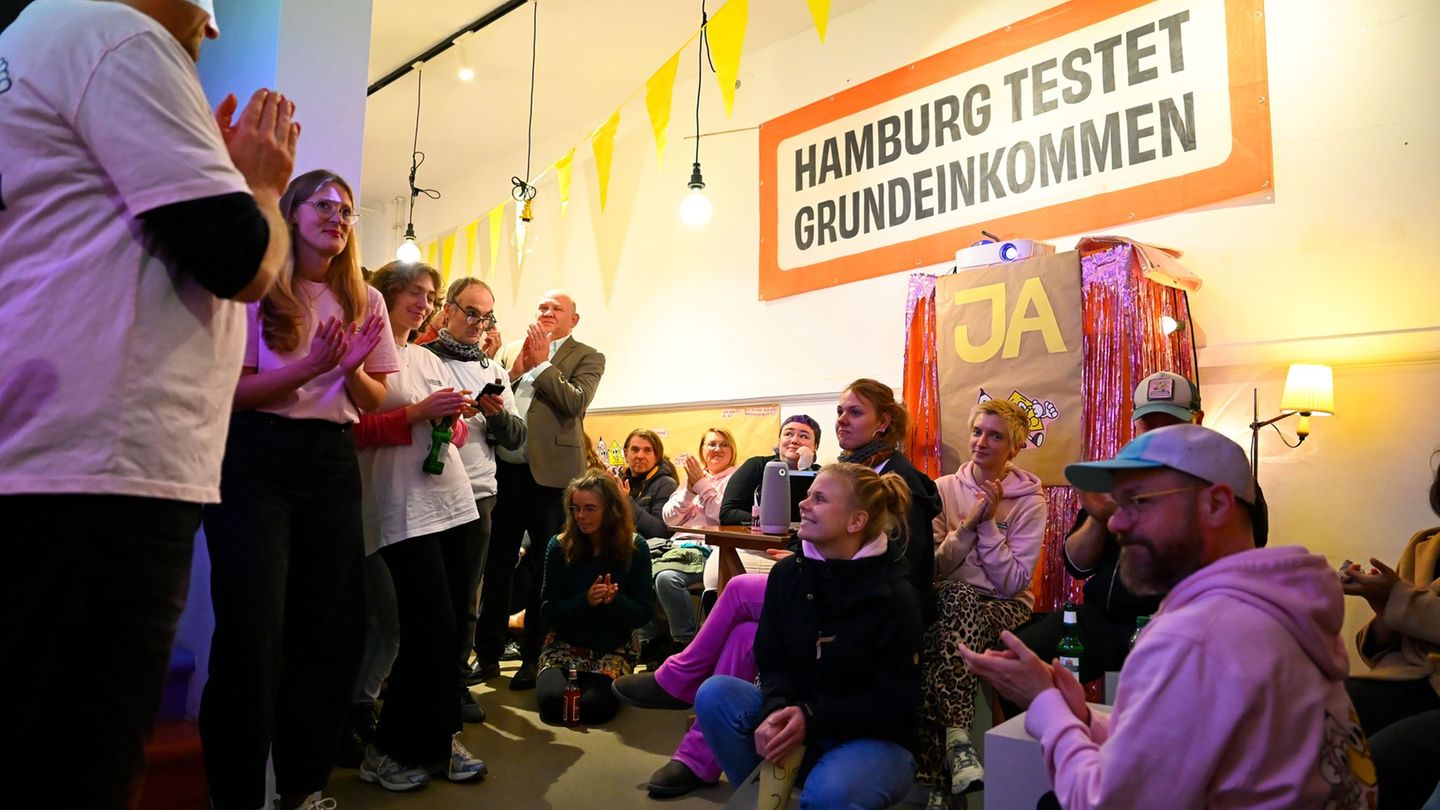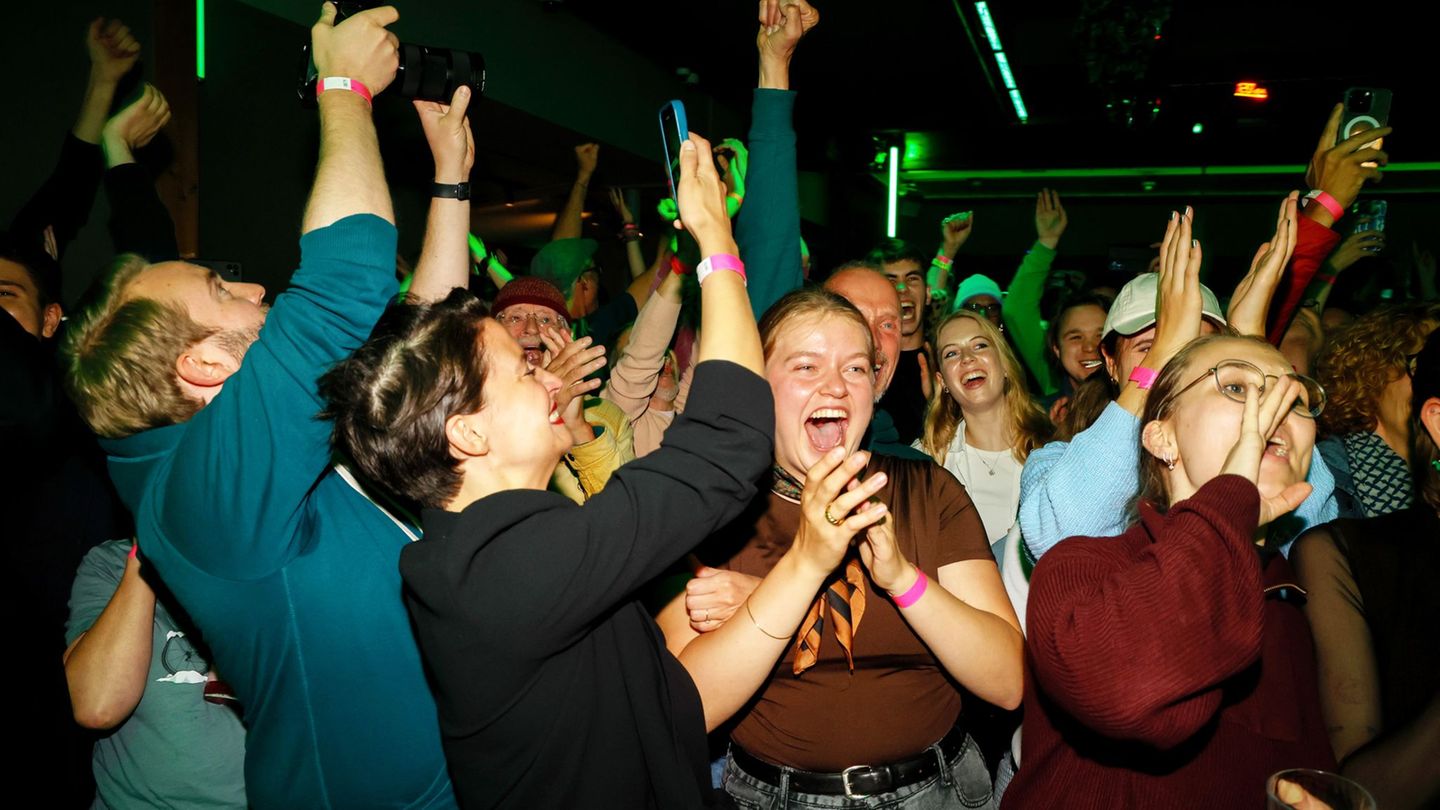In 1908, the Linzer Sport-Club (LSK, LSC), which had been merged into LASK in 1919, was the first Upper Austrian club to play its first games with the help of prominent footballers from Vienna. The beginnings were made – more and more clubs were founded. For some strange reasons: A Dutchman stopped in Linz around 1908 on his way home from Africa and taught the young people from Linz and the then independent municipality of Urfahr swimming under the Danube bridge how to play football, which was previously unknown in this region. When the Dutchman left, he left behind not only his leather ball but also enthusiasm for this new sport. In 1912, the Urfahr Sports Association was officially founded. To this day, the Urfahraner are the oldest football club in the state that is still active in the lower house. Welser SC, which merged with Hertha in 1975, and FC Germania Ried – now known as SV Ried – are among the pioneers in Upper Austria’s football history.
Exhibition in the museum
A special review of 100 years of football history – SV Ebensee is celebrating its milestone anniversary this year – will take place in Ebensee in the next few weeks. In November, an exhibition on the beginnings of football in the Inner Salzkammergut will open in the local contemporary history museum. The game was brought to Ebensee by Franz Promberger from the Seitenstetten monastery as early as 1921, before the Second World War saw times that seem impossible today. In 1946, SV Ebensee (2nd class) beat LASK (1st Upper Austria league) 3-1 in front of 2500 spectators.
Also curious is the story of Austria’s TV and radio sports reporter legend Heribert Meisel, who from 1946 held the position of section manager in Ebensee and put together a top team: His uncle was a master shoemaker in Ebensee, Meisel moved in with him and became a reporter on the side the Salzkammergut newspaper. “It was a great time,” Meisel later said. In his book “Tor, Toor, Tooor” he wrote about the football derbies between Ebensee and Gmunden: “The football battles between Ebensee and Gmunden were among the most nerve-wracking events that the Salzkammergut has ever experienced. Special steamers were deployed to transport thousands of to bring battle loafers from one lake shore to the other.”
Meisel later moved to ORF in Vienna, and in 1963 he was also the first moderator of the legendary “Aktuelle Sportstudio” on ZDF. In Ebensee, the derbies between SV and Askö Ebensee are still the highlights of the year.
Source: Nachrichten




